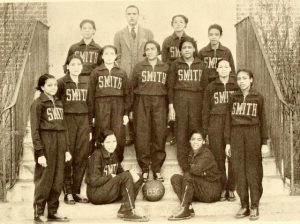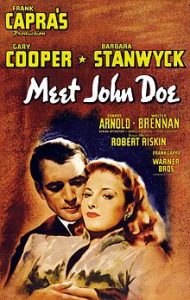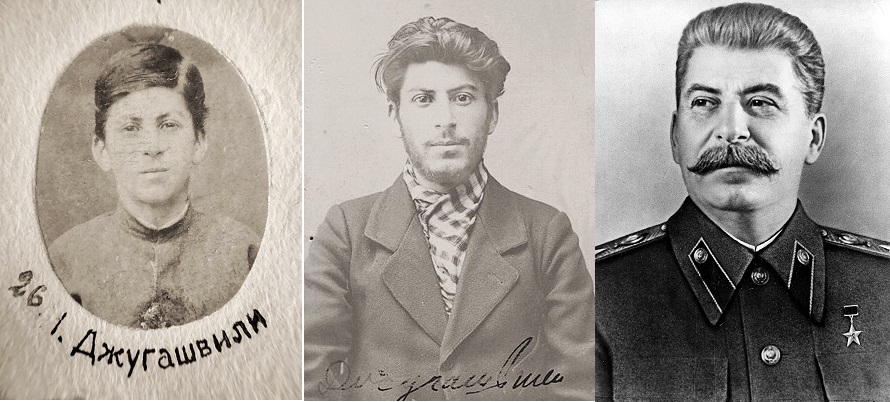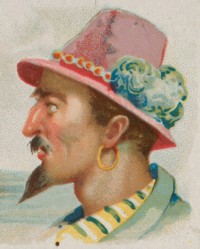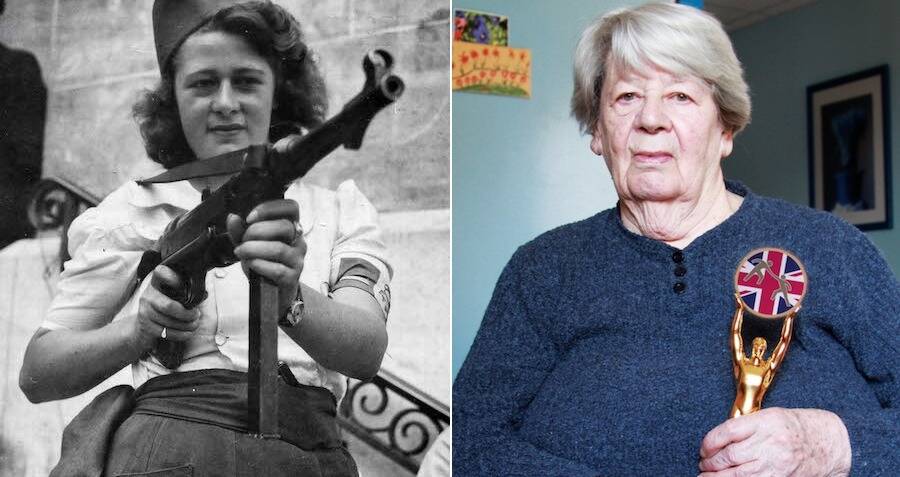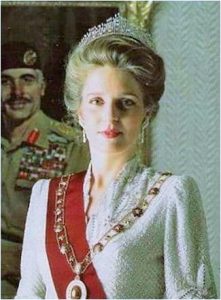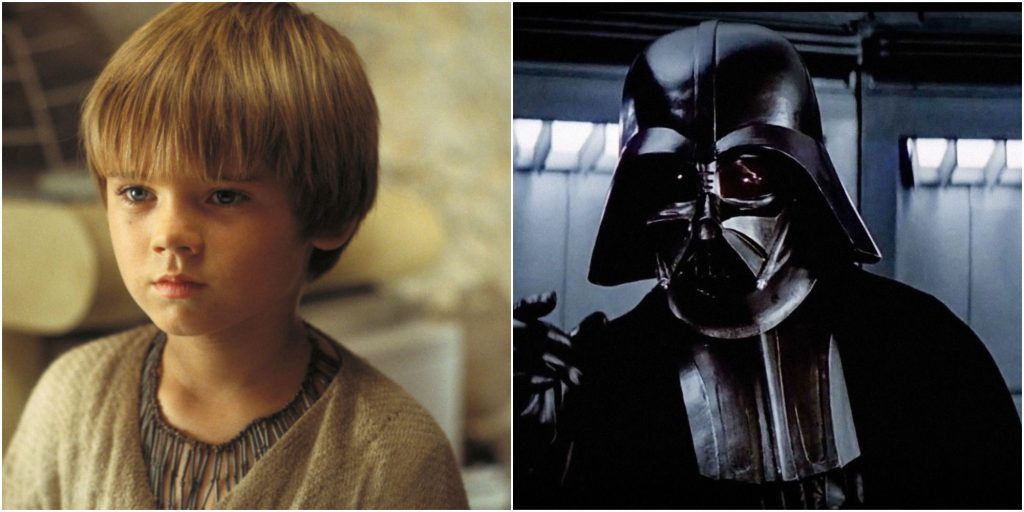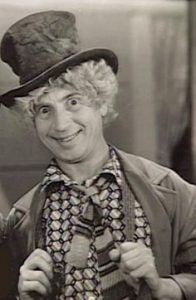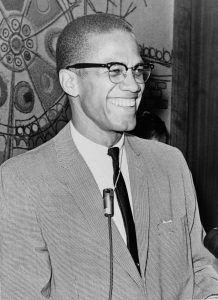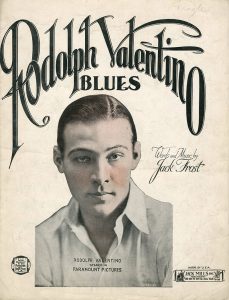No one can know when humans first used personal names. The only thing we can be sure of is that when there was a need, names emerged—personal names first, of course. As long as people lived in small enough groups, seldom traveling more than fifteen miles and delivering messages in person, single names were sufficient. But as populations grew, greater distinctions needed to be made.
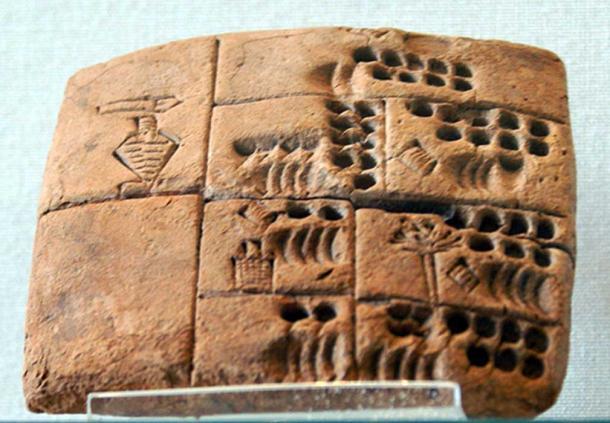
World Names
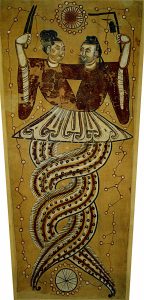
Records of Chinese family names date back at least 3,000 years, and were standardized during the Qin Dynasty. The Amorite and Aramean tribes in Mesopotamia used a combination of patronymic and tribal nisbas nearly 4,000 years ago. Ancient Romans gave their male children three names: a personal name (praenomen), a family name (nomen gentilicium), and a descriptor of their particular branch of the family tree (cognomen).
The Armenian military may have been responsible for reintroducing family names in Europe after the fall of the Roman Empire. In Europe, last names came into use in the Middle Ages and were well established by the end of the 16th century. According to some sources, the oldest surname known to have been recorded anywhere in Europe was in County Galway, Ireland, in 916: O’Cleirigh (O’Clery), meaning “descended from the clerk/cleric.”
J.N.Hook, author of Family Names, identified four categories that were the source of almost all English and European surnames:

(a Sagittarius serpentarius at Jurong Bird Park)
- Place Names:
- John Hill, John Atwater.
- Often O’ indicated from, as in Odell or Offield
- Patronyms (or others based on personal names)
- John Johnson, John Williams, John Alexander.
- Often a prefix or ending meaning “son of” or “daughter of” was later dropped
- Occupational Names
- John Smith, John Fletcher
- My family name Parker is of English origin, from Old French meaning “keeper of the park.”
- Today the most popular of the names derived from occupations is—no surprise here—Smith,
- Descriptive Names
- John Long, John Armstrong
- The family name Brown is thought to have come from an early family member who had brown hair or brown eyes or dressed habitually in brown.
American Names
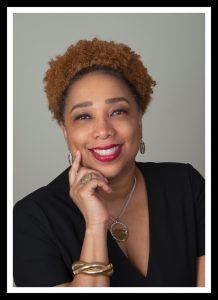
Enslaved black people before the American Civil War often used only first names, sometimes bestowed by by the slave holder. After Emancipation, bureaucracies required last names, so newly freed blacks chose last names. Often they chose names common at the time, such as the ubiquitous Smith, sometimes the name of the former “master” or the plantation itself.
According to afro.com, Washington being the “blackest name” is a matter of speculation, but it was very common after the Civil War. One possibility is that George Washington’s name was chosen because of his widely-known gesture of freeing his slaves in his will. A project based on the 2000 census counted 163,036 people with the surname Washington; 90% of those identified as Black.
By comparison, in raw numbers, Smith is the whitest last name, although only 70.9% of Smiths identify as white. But by proportion, there are several names over 90%: for example, 94.76% of people named Olson identify as white, as do 94.84% of those named Meyer, 95.15% of Schmidts, 95.35% of Schneiders, and 95.93% of those named Schwartz. Hmmm. Pattern?
Sometimes, names change spelling within families. For example, my maternal grandmother’s family name was Wine or Wyne, depending on how the midwife/doctor chose to spell it! Sometimes immigrants to the U.S. with “foreign” names ended up with changed spelling for the same reason—i.e., the ignorance of a local school or tax official. And of course, sometimes a person (or branch) of a family chose to shorten or anglicize a name, turning Robertson into Roberts, or Makowski into Makosky.
According to the U.S. Census Bureau (CB), there are at least 151,671 different last names in this country and at least 5,163 different first names in common use. The number of combinations is mind-boggling!
The ten most common last/family names now:
- Smith
- Johnson
- Williams
- Brown
- Jones
- Garcia
- Miller
- Davis
- Rodriguez
- Martinez
Over the last 100 years, the most common male name was John, closely followed by James. The most common female name was Mary, followed not-so-closely by Patricia (~ half as many).

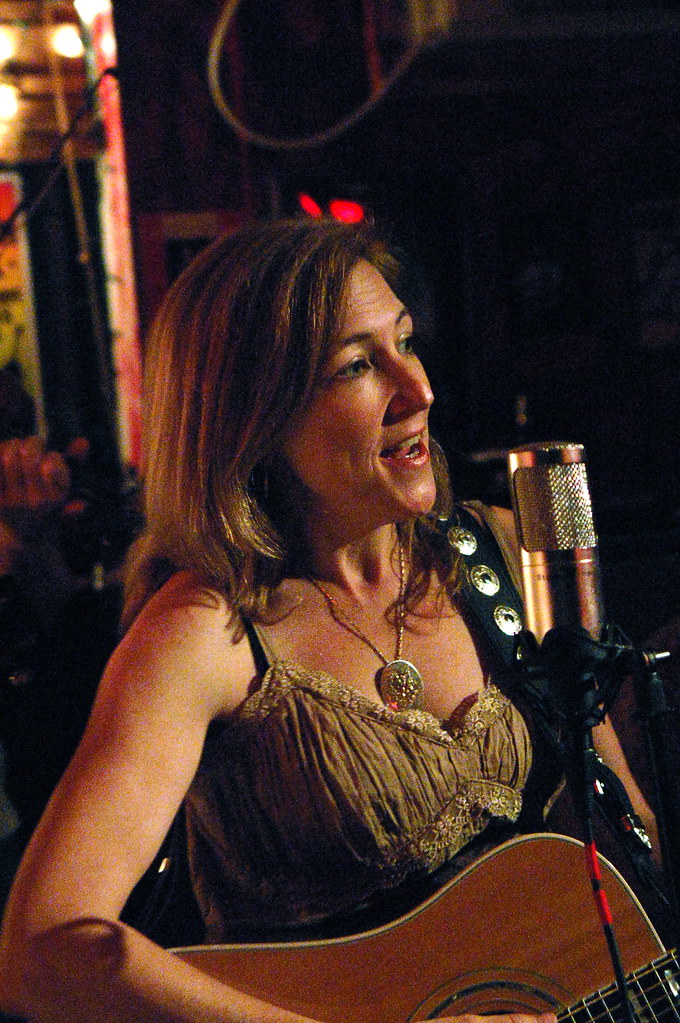
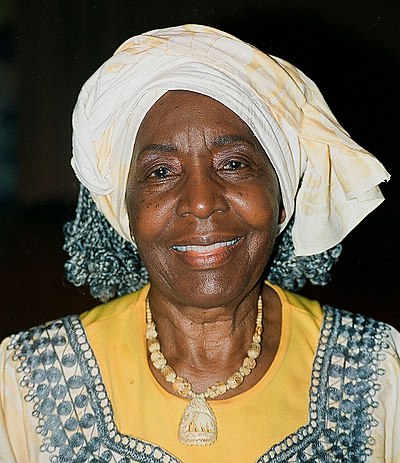
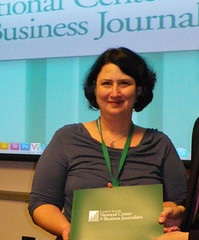
Surprise? Not so much. Since 1530, the most popular “full” names in English-speaking countries are John and Mary Smith! John Smith is so common that Thesaurus.com incudes the following synonyms for that name: average joe, average person, common man, everyman, joe blow, joe doakes, joe sixpack, john q. public, man in the street, mr. nobody, ordinary joe.
Here are the ten rarest last names in the US, as of the 2010 Census (the most recent analysis available). You can go to rarest.org for more detail about each of these names.
- Atonal
- Banasiewicz
- Guillebeaux
- Mosheyev
- Panchak
- Ragsdill
- Stawarski
- Duckstein
- Bombardo
- Tuffin
As of the 2020 census, more than 4 million people in the US had unique last names.
FYI, there are 238 in the U.S. actually named John Doe. (Only 18 are named Jane Doe.) By far the most common use of these names are as place holder names when the actual name is either unknown or secret, especially in legal contexts.
Who would hang that name on a child? Probably the same sort of person who would name a child Ima Hogg (a real woman, daughter of James Hogg, governor of Texas from 1890 to 1894) or Charles Brown, or take a stage name of Candy Barr (as Juanita Dale Slusher did). Ancestry.com even reports 4 birth records for Scarlett O’Hara.
My Family’s Names
A woman in my family named Evon has never met another person with her name—and there’s a reason for that: according to the Social Security Administration (SSA) database, there are only 1.05 Evons per 100K. Vivian, however, comes up 35.97 times per 100K.
I’ve known for decades that women in my family have rare (usually middle) names, including Wavalene, Utor, Valeeta, Genilee, Alta, Vinnie… Most of those names haven’t passed from generation to generation. Not unusual.
All my life I’ve believed that Vivian means “likes bright and vivid colors.” Writing this blog on names, I found that it is of Latin origin, meaning “lively”—close, but still… The name has stood the test of time since the 1800s. Variations include Vivien, Vivienne, Viviana. And in England Vivian is a man’s name. You can probably name several famous Vivians, including Vivian Leigh, but Campbell, Balakrishnan, Woodward, Fuchs, Galbraith, Dsena, Blake, Anderson, Van Damm, are among famous male Vivians.


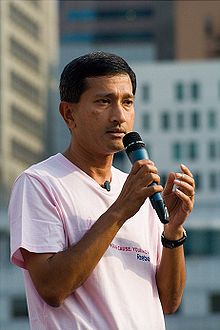

So, Vivian is a gender non-specific name. My birth middle name, Jean, turns out to be a feminine version of John. Little did I know. And when I named my daughter Daryl, I didn’t realize the ambiguity until a neighbor asked my new baby’s name (Daryl Jean) and then followed up by asking how much he weighed. And now I’ve learned that Darryl is among the names most likely to be perceived as a black male.
Bottom line: This blog started broad and funneled down to the personal. I hope something in it is interesting, enlightening, or in some way relevant!
